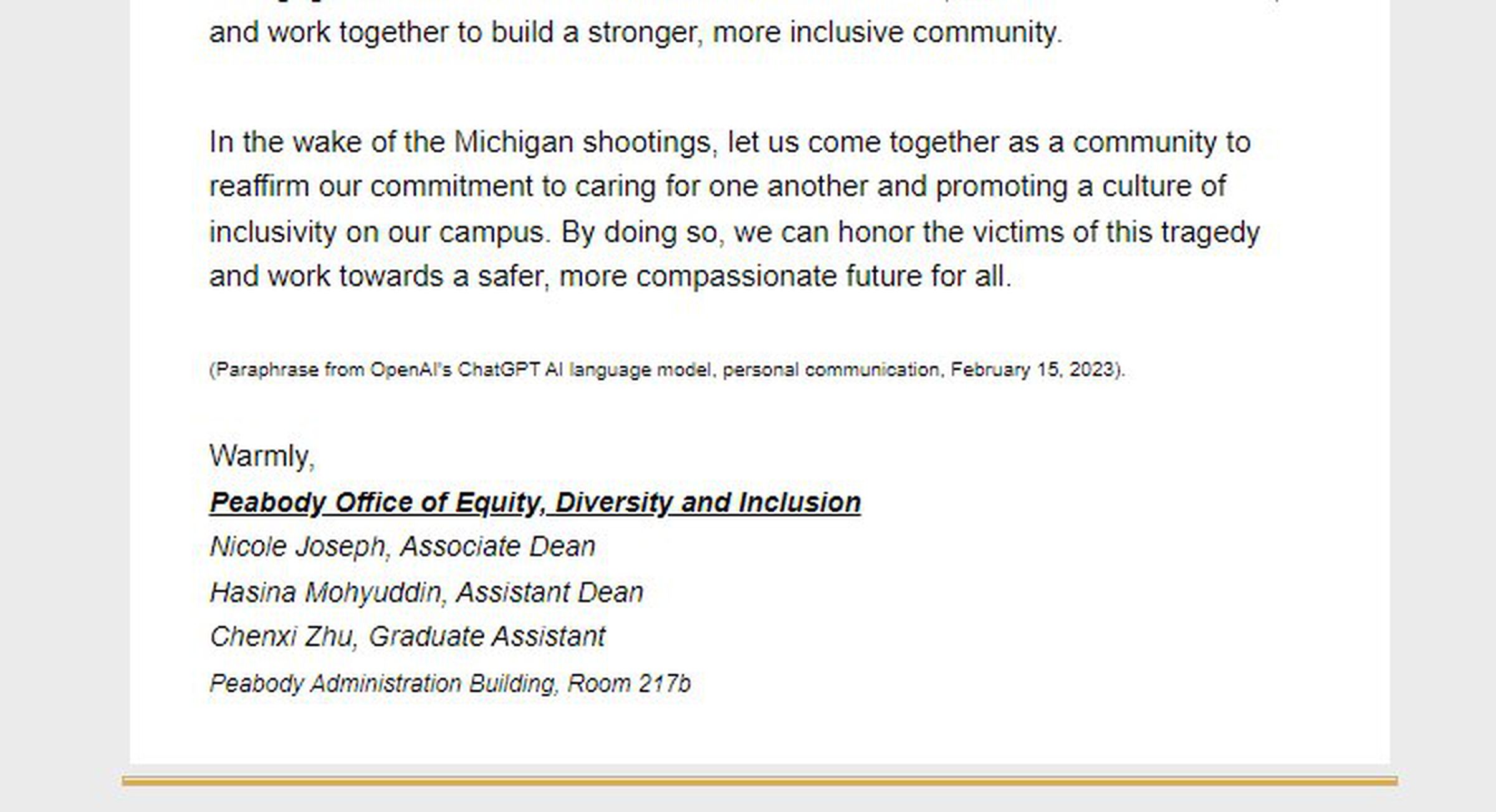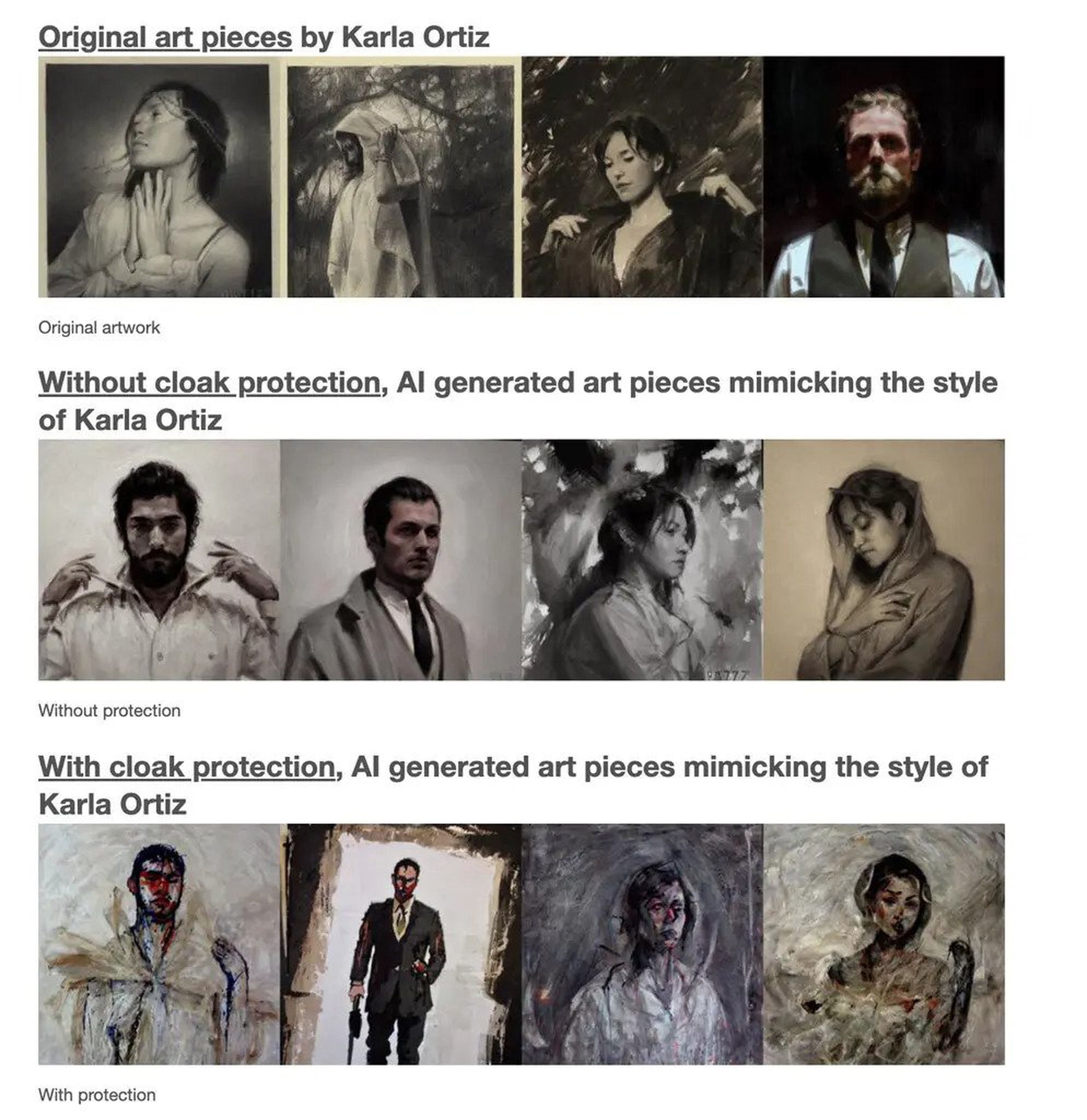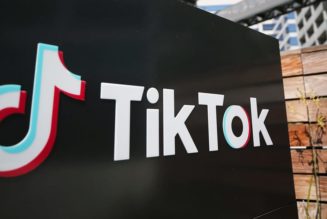Big players including Microsoft, with its new Bing (or is it Sydney?), Google, with Bard, and OpenAI, with ChatGPT are making AI chatbot technology previously restricted to test labs more accessible to the general public.
How do these Large Language Model (LLM) programs work? OpenAI’s GPT-3 told us that AI uses “a series of autocomplete-like programs to learn language” and that these programs analyze “the statistical properties of the language” to “make educated guesses based on the words you’ve typed previously.”
Or, in the words of James Vincent, a human person, “These AI tools are vast autocomplete systems, trained to predict which word follows the next in any given sentence. As such, they have no hard-coded database of ‘facts’ to draw on — just the ability to write plausible-sounding statements. This means they have a tendency to present false information as truth since whether a given sentence sounds plausible does not guarantee its factuality.”
But there are so many more pieces to the AI landscape that are coming into play — and there are going to be problems — but you can be sure to see it all unfold here on The Verge.
-
Can you think like an AI?
The game is to guess the secret word. The hitch is that the AI is classifying what words are alike. Yesterday’s word was “grasshopper,” and the AI thought “ant” was closer than “cricket.” Maybe that’s true if you’re analyzing texts to predict the next word — after all, there’s a fable about an ant and a grasshopper — but “cricket” and “grasshopper” are synonyms!
Feb 22, 2023, 12:25 PM UTCJames Vincent
Chinese tech giants have reportedly been told not to offer public access to the US-developed ChatGPT. These companies have already had to censor the output of AI tools like image generators.
The Vanderbilt Hustler reports the school’s Peabody Office of Equity, Diversity and Inclusion is apologizing after sending a message regarding the shooting at Michigan State University that was “paraphrased” from OpenAI’s ChatGPT model (via Gizmodo).
The generic-sounding email lacks any kind of personal touch, and responses to it reflect that, as noted by this quote from Vanderbilt student Laith Kayat:
Deans, provosts, and the chancellor: Do more. Do anything. And lead us into a better future with genuine, human empathy, not a robot


Clarkesworld has always been a great place to submit your short fiction because they respond fast and pay well. There’s not a lot of waiting to learn if you’ve been accepted or not. Unfortunately, the Hugo-winning magazine has been forced to temporarily stop accepting submissions because it was getting hit with too many AI-generated submissions. Submissions will reopen eventually, but editor Neil Clarke says the current tools for spotting AI-generated submissions aren’t “reliable enough.”
AI is based on low-paid labor. This interview with one of the people who help decide what Google will show you is worth a read — for starters, he says he makes $3 less per hour than his daughter, who works in fast food.
Feb 14, 2023, 6:01 PM UTCTom Warren
Bing AI often refers to itself as Sydney, but Microsoft says that was an internal codename for a chat experience it was previously working on.
Scientists at the University of Chicago have created Glaze, a tool that could help artists prevent their artwork from being replicated by AI art generators by invisibly mimicking a different art style.
Glaze isn’t available just yet and the team acknowledges it isn’t a perfect solution, but it could help bridge the gap while copyright protections catch up with generative AI technology.


Feb 14, 2023, 10:58 AM UTCTom Warren
Bing AI users have found that Microsoft’s chatbot is making a lot of mistakes. It even made financial errors during Microsoft’s first demos.
Feb 11, 2023, 9:59 PM UTCEmma Roth
The company’s testing a new AI-powered ‘shorten’ feature that provides bulleted summaries of the article or webpage you’re reading.







